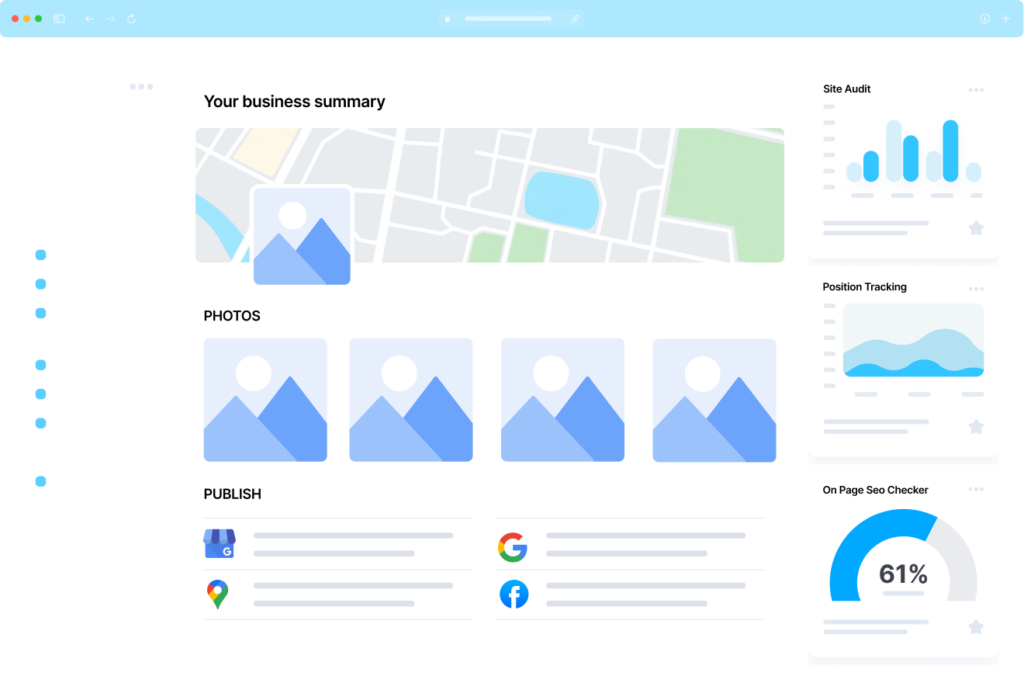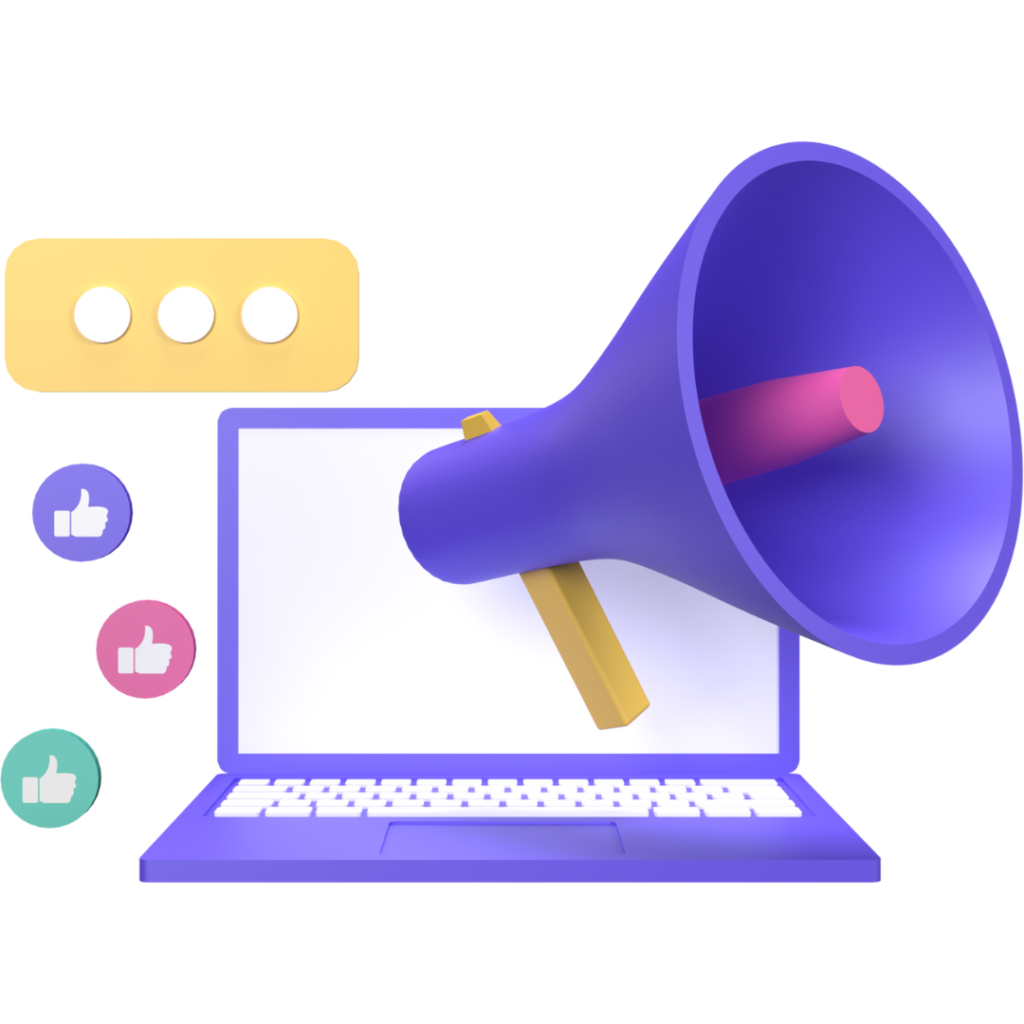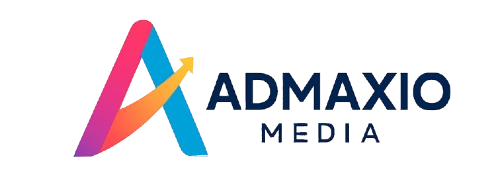- HOME
- -
- Services
- -
- Programmatic Ads
Programmatic Ads

- HOME
- -
- Services
- -
- Local SEO
In today’s digital world, advertising has undergone a dramatic shift. Gone are the days when brands had to rely solely on manual media buying, traditional billboards, and TV spots. One of the most significant advancements in digital advertising is the rise of programmatic advertising — a method that uses automation and data to buy digital ad space more effectively and efficiently. It’s changing the game for advertisers by offering a more intelligent and scalable way to reach audiences at the right time and place, across devices and channels.
Programmatic advertising refers to the automated buying and selling of online advertising space. Unlike traditional ad buying, which involves human negotiations and fixed price models, programmatic uses algorithms and artificial intelligence to purchase ad space in real time. When a user clicks on a website, data about that user is collected and sent to an ad exchange. Advertisers, using platforms known as demand-side platforms (DSPs), place bids to show their ad to that user. The highest bidder wins the auction, and the ad is displayed almost instantly — all within milliseconds. This process ensures that users are shown relevant, personalized ads based on their behavior, location, device, and preferences.


One of the main reasons businesses are shifting to programmatic advertising is the efficiency it offers. Manual ad buying can be time-consuming and prone to errors. With programmatic, the entire process is streamlined and executed by software, which not only saves time but also reduces human intervention and guesswork. Advertisers can easily manage, monitor, and optimize campaigns through a single dashboard. Moreover, adjustments can be made in real time, enabling marketers to instantly respond to performance trends and audience behaviors.
Another powerful advantage of programmatic advertising is its advanced targeting capabilities. It goes beyond basic demographic targeting to include behavioral, contextual, and even geo-location targeting. For example, an e-commerce brand can target users who have recently visited their website but did not make a purchase. Similarly, a restaurant chain can run mobile ads for users who are within a specific radius of their physical locations. This kind of precision increases the chances of engagement, conversions, and return on ad spend.

Benefits Programmatic Ads Services
- Stronger Brand Recognition
- Increased Trust & Credibility
- Improved Customer Loyalty
- Simplified Decision-Making
- Crisis Resilience

In terms of performance, programmatic advertising provides deeper insights and analytics than traditional advertising. Advertisers can track impressions, clicks, conversions, and other key performance indicators in real time. This data-driven approach allows for constant optimization, where underperforming creatives can be replaced, targeting can be refined, and budgets can be shifted toward higher-performing segments. This constant cycle of feedback and adjustment ensures that advertising budgets are spent effectively and efficiently.
There are also concerns around data privacy, especially with the decline of third-party cookies and the introduction of stricter regulations like GDPR and CCPA. However, this shift is leading the industry toward more ethical data practices, with an increased focus on first-party data and contextual targeting. Brands that adapt quickly to these changes by building stronger direct relationships with their audiences will benefit in the long run.

Why businesses a lot of company choose us?

We partnered with them for Facebook and Google Ads, and within weeks, our conversions doubled. They understand customer psychology and digital trends like no one else. Truly a game-changer for our business.

We were wasting budget with zero clarity before Admaxio stepped in. Within a month, our cost per lead dropped by 45% and lead quality improved significantly.

From branding to SEO and ads, Admaxio Media handled everything with precision. Our traffic and sales have grown steadily since we started working together.
FAQS
Frequently Asked Questions
Programmatic advertising has become an essential part of modern digital marketing, offering unmatched efficiency, precision, and scalability. Whether you’re a small business aiming to build awareness or a large brand looking to optimize your ad spend, programmatic strategies can deliver powerful results. But as with any evolving technology, marketers often have questions before diving in. To help you get a better understanding, here are some frequently asked questions about programmatic advertising:
Programmatic advertising is an automated way of buying digital ads using software and data. It replaces the traditional, manual process of media buying with AI and algorithms that place ads in real time, targeting the right audience at the right moment.
When a user visits a website or app, information about their visit is sent to an ad exchange. Advertisers then bid to show their ad to that user. The highest bidder wins the auction, and the ad appears almost instantly — all within milliseconds.
Programmatic ads offer better targeting, real-time optimization, improved ROI, wider reach, and greater efficiency. Brands can serve personalized ads based on user behavior and data, making campaigns more effective and cost-efficient.
No, programmatic advertising is accessible to businesses of all sizes. While larger companies may have bigger budgets, small and mid-sized businesses can run targeted campaigns with flexible budgets using platforms like Google Display & Video 360, The Trade Desk, or even smaller DSPs.
We develop clear and detailed brand guidelines that include your visual identity, tone of voice, messaging standards, and more. These are used across all departments and platforms to make sure your brand looks and feels the same everywhere — from social media to sales emails.
